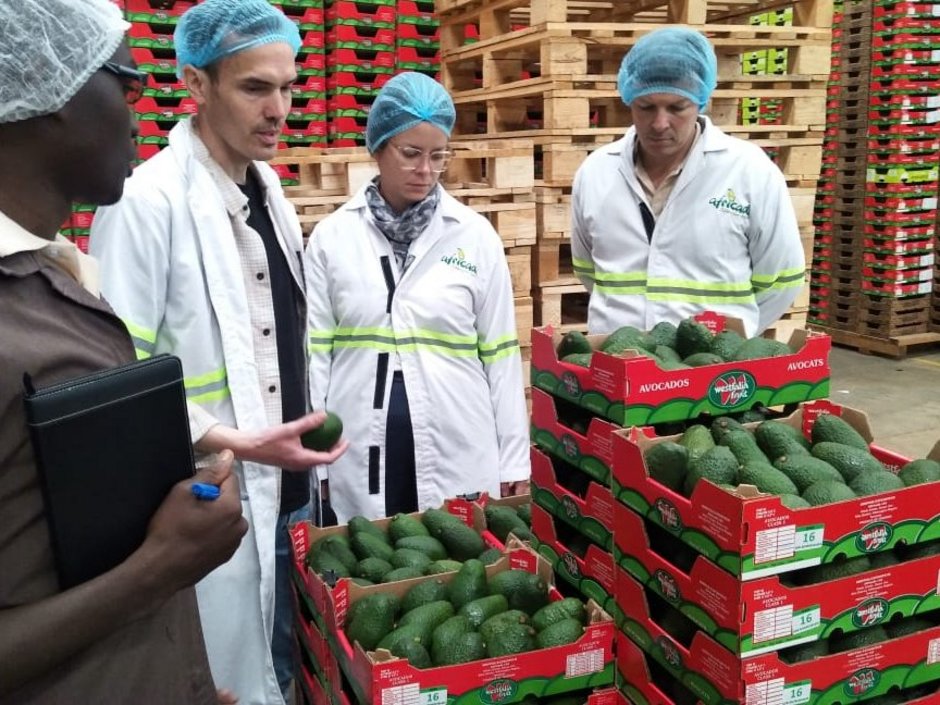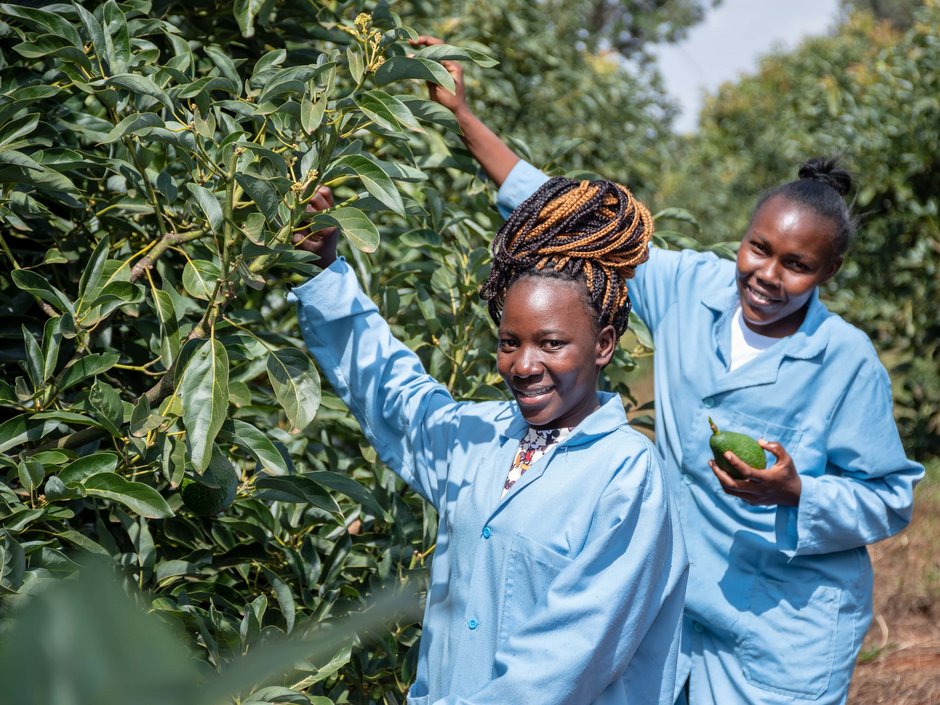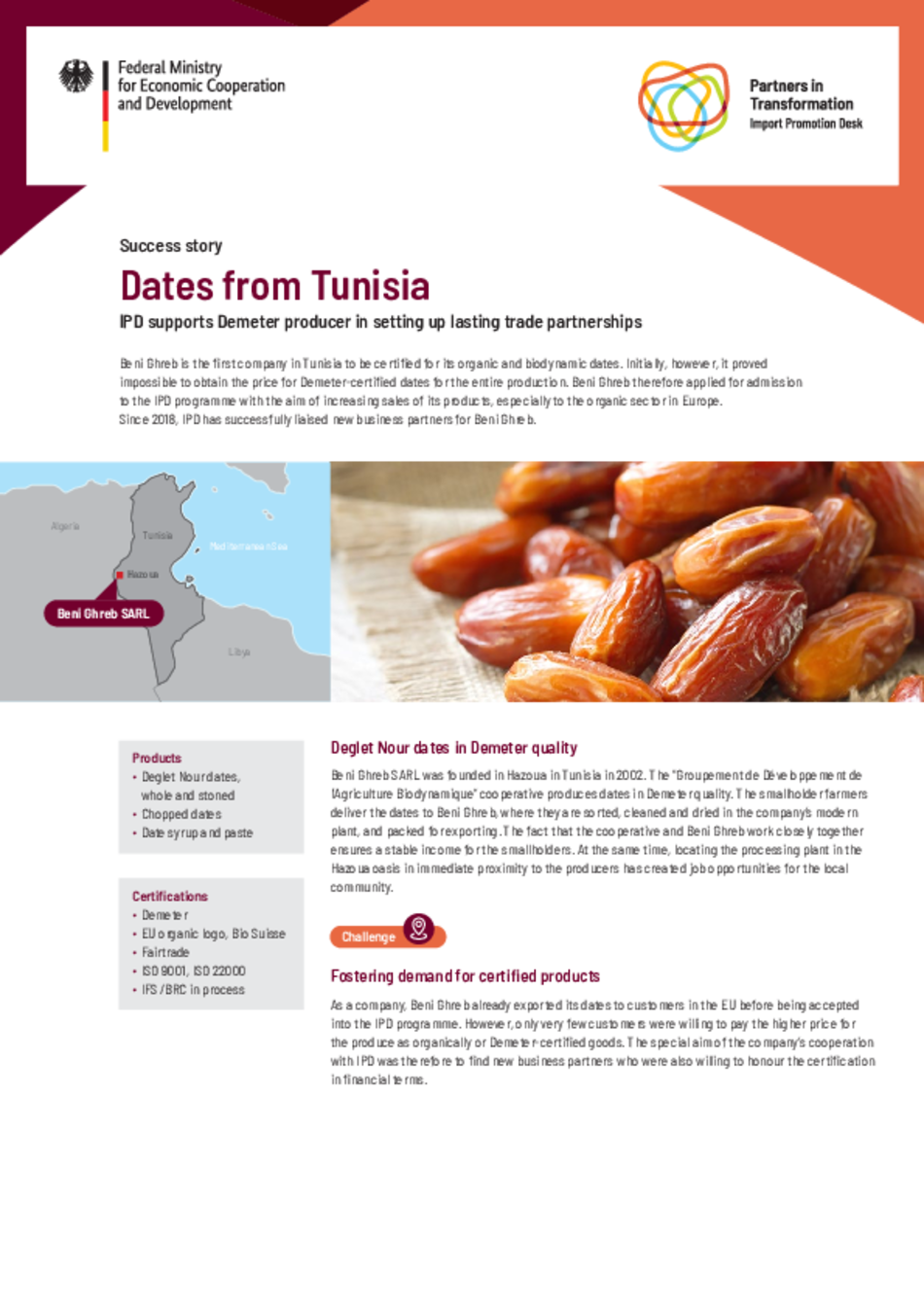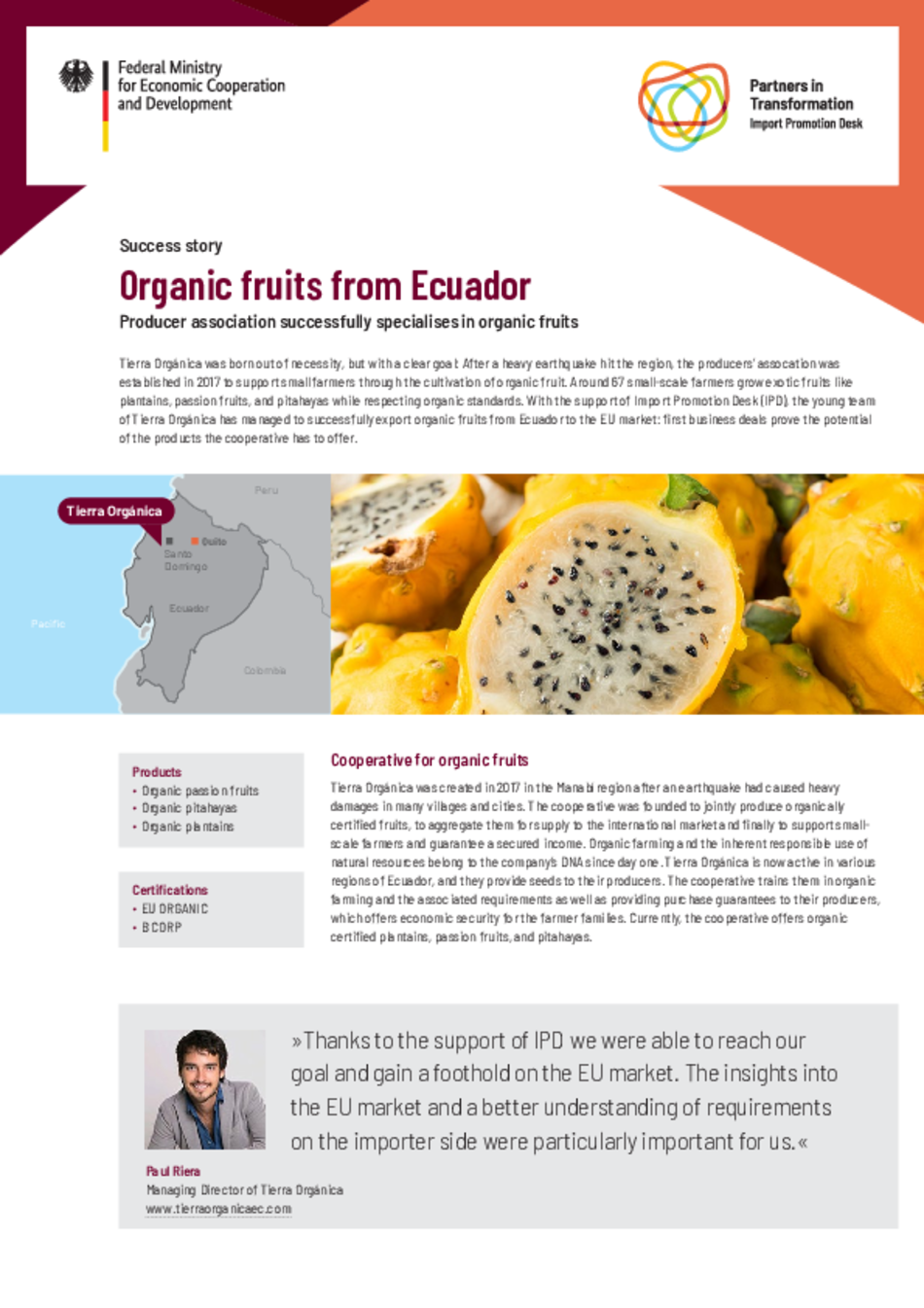Development policy with a lasting impact
The aim of IPD is to harmonise the different facets of economic growth, the protection of natural resources and the strengthening of rural structures as well as support for people in the mostly rural regions - especially women and families.
As a member of the development policy network ‘Partners in Transformation - Business & Development Network’, the IPD supports the strategy of the German Federal Ministry for Economic Cooperation and Development to promote socio-ecological economic transformation in partner countries.
In this interview, Judith Emmerling, team leader of the Sourcing and Markets department at the IPD in Berlin, presents the IPD's approach to sustainability.
She explains the importance of sustainability in global economic relations, how IPD prepares producers for the requirements of the European market and, finally, how importers can benefit from direct trade with IPD companies, also with regard to transparent supply chains.
Ms Emmerling, how important is sustainability in the work of IPD?

Sustainability has played an important role at IPD for many years.
And in view of the increasing global challenges and regulatory requirements, its importance at IPD is also growing. This is because we work in a demand-orientated way. Driven by changes in consumer purchasing behaviour and legal requirements, sustainability is one of the key issues of our time for the demand side. Accordingly, we orientate our actions accordingly. In recent years, we have continuously developed our commitment to sustainability.
It starts with the sustainability of our work. We focus on long-term support for the companies from the project countries. They are in the IPD programme for three years. This enables them to establish stable connections with market players.
Our aim is to build sustainable supply relationships and integrate the companies into European supply chains.
We also work closely with BSOs, or Business Support Organisations, in the partner countries. Here, too, we support export promotion organisations and trade associations in establishing long-term services and structures for foreign trade.
What sustainability and environmental, social and governance (ESG) requirements must companies fulfil in order to be included in the IPD programme?

We want to enable IPD companies in our partner countries to fulfil the requirements of the EU market. We want them to position themselves more broadly in the area of sustainability and develop further. We support them in this.
When sourcing, we check the initial conditions. Of course, certifications such as the organic label and engagement with ESG criteria are good, but they are not a prerequisite for inclusion in the IPD programme.
It is much more important that companies are willing to commit to ecological and social issues and initiate changes within their own organisation.
In our work, we see many companies that lack knowledge about current developments in the area of sustainability. They first have to recognise the necessity and the possible positive effects on their company. But there are also many companies that are aware of the requirements of international markets. They often need support with implementation.
We see it as our task to make producers in the IPD programme aware of ESG as an essential prerequisite for entering the EU market and then to support them in implementing appropriate measures.
»Our aim is to build sustainable supply relationships and integrate the companies into European supply chains.«
What is the IPD's focus in terms of environmental and social sustainability criteria?

The IPD focal points vary because we orientate ourselves to the requirements of the industries.
Some sectors require certain sustainability certifications. In the fruit and vegetable sector, for example, certifications and social audits have been more or less mandatory for several years now. And certifications for the sustainable use of water are becoming increasingly important.
In other sectors, certifications are less common. There, it is more about concrete steps, such as the use of alternative energy sources and sustainable resource management.
We therefore have different catalogues of criteria for our sectors: for the sustainable tourism sector, for example, we have developed our own IPD "Sustainability Scorecard", which we use to prepare companies for the requirements of official sustainability certifications.

In general, it is clear that certifications are playing an increasingly important role on the European market.
Another good example from the natural ingredients and fresh produce sectors is organic certification: with regard to the food sector as a whole, "organic" is still a niche offering, but in certain product groups, the organic label is a prerequisite and organic products are in much greater demand than conventional products.
We draw the attention of our companies in partner countries to this potential and support them in the certification process.
The aspect of social sustainability in international trade relations is also an important topic that is growing in significance. We are already seeing this in new regulations such as the Supply Chain Act. We encourage producers to identify their own country-, product- and company-specific risks and derive actions from them.
As a development policy project, it is also important to us that the economic success of the company reaches the local people. For example, the creation of jobs, the qualification of the labour force, the promotion of women, fair cooperation with small farmers and social commitment in the regions are further social factors that we pay attention to.
»Our approach is to highlight the fundamental importance of responsible corporate behaviour and to convey a holistic understanding of sustainability.«
How does IPD support companies in the IPD programme in meeting the sustainability requirements of the EU market?

We have been introducing ESG training programmes for several years now.
Our approach here is to highlight the fundamental importance of responsible corporate behaviour and to convey a holistic understanding of sustainability.
For many companies, ESG is already part of their culture - our training courses support them in strategically anchoring it within the company.
In the training sessions, we also inform the companies very specifically about the current legal framework and market requirements with regard to environmental and social standards.
Compliance with minimum social standards in the supply chain, such as labour rights, occupational health and safety and co-determination, for example, is one topic. We also look in detail at industry- and country-specific circumstances that can have an impact on sustainable behaviour.
Through our webinars and individual coaching sessions, companies learn to identify the most important starting points in their value chains. At the end of the training, an ESG action plan is created that is customised to the company.
Experience has shown that IPD companies can credibly and comprehensibly communicate to their trading partners that they have understood the relevant ESG aspects thanks to their intensive engagement with sustainability issues. This creates trust and at the same time minimises the risk for European companies in the supply chain.
We can see that there is a great demand for our ESG training courses. We work closely with the BSOs in our partner countries and train them so that they can act as multipliers and pass on ESG knowledge to their member companies.
How do importers benefit from the IPD's sustainability approach?

Importers are facing major challenges.
The increasing legal requirements at various levels are also putting more and more pressure on European importers to review their supply chains in terms of sustainability. At the same time, they are realising that their supply chains are becoming volatile.
Sustainability and stability are therefore in demand.
IPD companies have the great advantage that they know the sustainability requirements and have usually already started the internal process. They are therefore ready to tackle the challenges associated with the sustainability criteria together with their European business partner.
Direct trade with IPD companies therefore offers a great opportunity for European companies. Together, the partners can develop sustainable supply chains.
By exchanging ideas, agreeing on priorities and taking individual criteria into account, the partners build trusting trade relationships. They create a basis for sustainable trade and economic stability − for both sides.
Success Stories
Tunisia
Biodynamically certified dates
IPD arranges sustainable trade partnerships for Demeter producers.
Ecuador
Cooperative specialises in organic fruits
With the support of IPD the young team of Tierra Orgánica has managed to successfully export organic fruits to the EU market.

